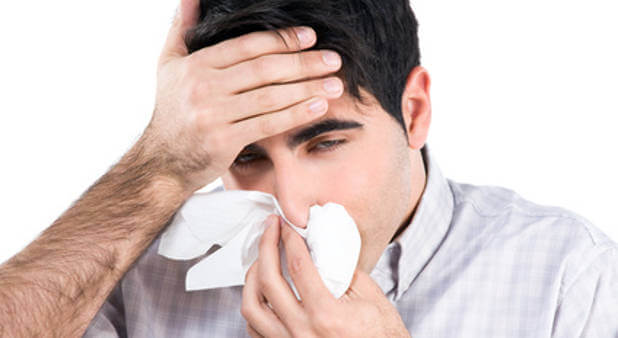If you suffer from allergies you are not alone. It’s estimated one out of every four people suffers from either pollen from trees, which is common in the springs, grass in the summer or weed pollen in the fall.
Some people, poor things, deal with all of the above!
Check the Forecast
If you tend to sneeze and wheeze, check your local weather forecast to see when the pollen is going to be the highest. Rainy days, or shortly after a rain are the times when it’s the lowest, as well as days when there isn’t much wind.
Close the Windows
Since pollen is in the air, close your windows and use your air conditioning. It helps to cool, dry and clean the air. Same thing with your car: windows up, air conditioning on.
Keep Pollen Out of Your Home
Change your clothes when you come inside, because you’re likely covered in pollen, which you don’t want to bring into the house. Don’t forget to wash your skin and hair. Also wash your bedding frequently in hot water.
Manage Outdoor Time
Pollen is at its worst from 5:00 to 10:00 in the morning. So if possible, wait until later to go outside. Go the extra mile if you will be outside for a long time doing an activity such as gardening or mowing the lawn, by wearing an N-95 mask for added protection. You can find these at most home improvement stores. They’re especially useful if you plan on mowing the grass or gardening, although if you can afford to, it’s best to pay someone to perform these tasks and save yourself the discomfort.
Anti-Allergy Diet
Believe it or not, your diet can help reduce outdoor allergy symptoms. Adding Omega-3 fatty acids, particularly fish oil, can reduce inflammation. The best fish are cold water ones, such as salmon or tuna. Fish oil supplements also do the trick.
Antioxidant foods can relieve your allergic symptoms, too. That includes a wide variety of fresh fruits and vegetables. Topping the list are broccoli and blueberries.
Take Supplements
Also quercetin helps. This is found in foods like onions and apples and is also available in supplement form. Vitamin C, in foods or supplements, including the powdered form, is also helpful for combatting allergy symptoms.
Pharmaceuticals
Over-the-counter medications sometimes help allergy sufferers, although many people do not find relief from them. Claritin and Allegra are popular because they typically do not cause drowsiness the way some other allergy medications do. Be careful not to over-use nasal sprays, because they can lead to dependence on them. Those warnings are listed on the product’s package.
If over-the-counter drugs don’t relieve your symptoms, see your doctor. Sometimes prescription medications work.
However, the most effective treatment is immunotherapy, otherwise known as allergy shots. The injections contain tiny, but increasing, amount of the allergen, which increases the immune system’s tolerance so over time you can decrease or eliminate your symptoms altogether. Patients start off by getting a shot once a week, then taper-off to once every six weeks.
For the original article, visit cbn.com.















































